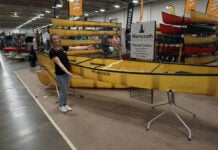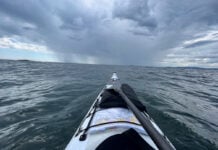Canadians are going outside in record numbers. That’s a good thing: spending time in nature improves mental and physical health. But all those extra boots on the ground is leaving an impact. Now there’s a new way Canadians can play a part in preserving natural spaces.
“Land managers and trail groups across the country tell us they are struggling to keep up with the influx of people,” says Richard Vinson, the Chair for Leave No Trace Canada, a non-profit that promotes the sustainable use of parks and natural spaces. “With more people sharing these outdoor places, the more it matters how we all behave when we’re out there. But there are simple things we can do that make a big difference.”
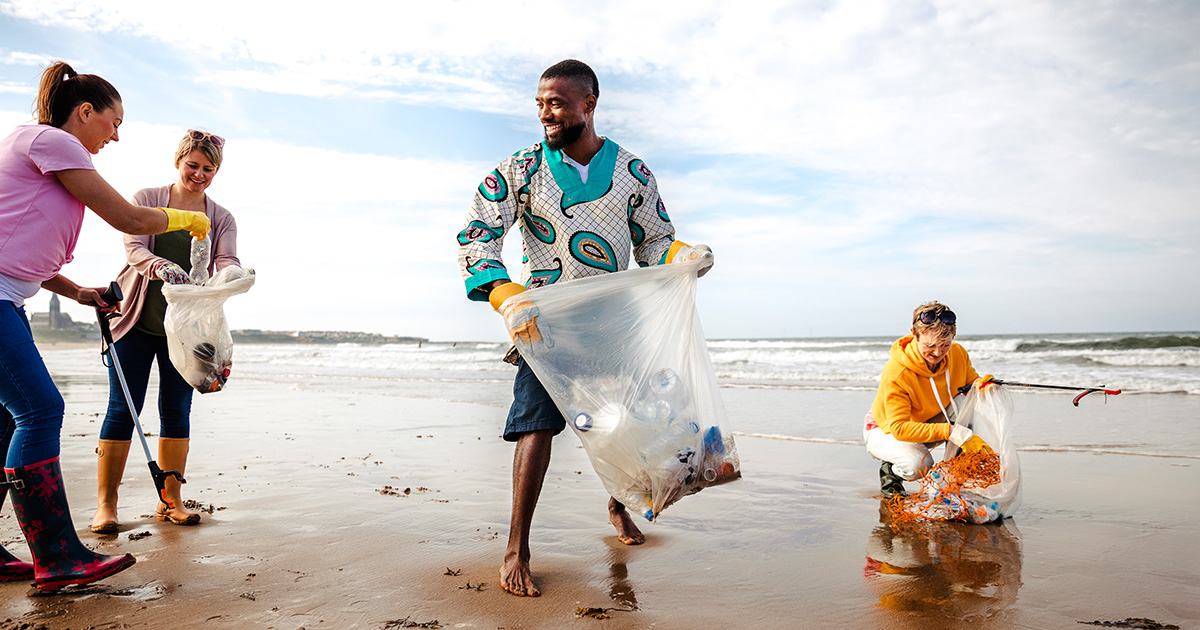
One of them is taking the new Leave No Trace Pledge, a joint project between Leave No Trace Canada and Subaru Canada. By visiting LeaveNoTrace.ca
“This is a real win-win-win,” says Vinson. “We’re planting trees in Canada, educating people and protecting parks, natural spaces and wildlife all at the same time. The Pledge is something anyone can do to show that they care.”
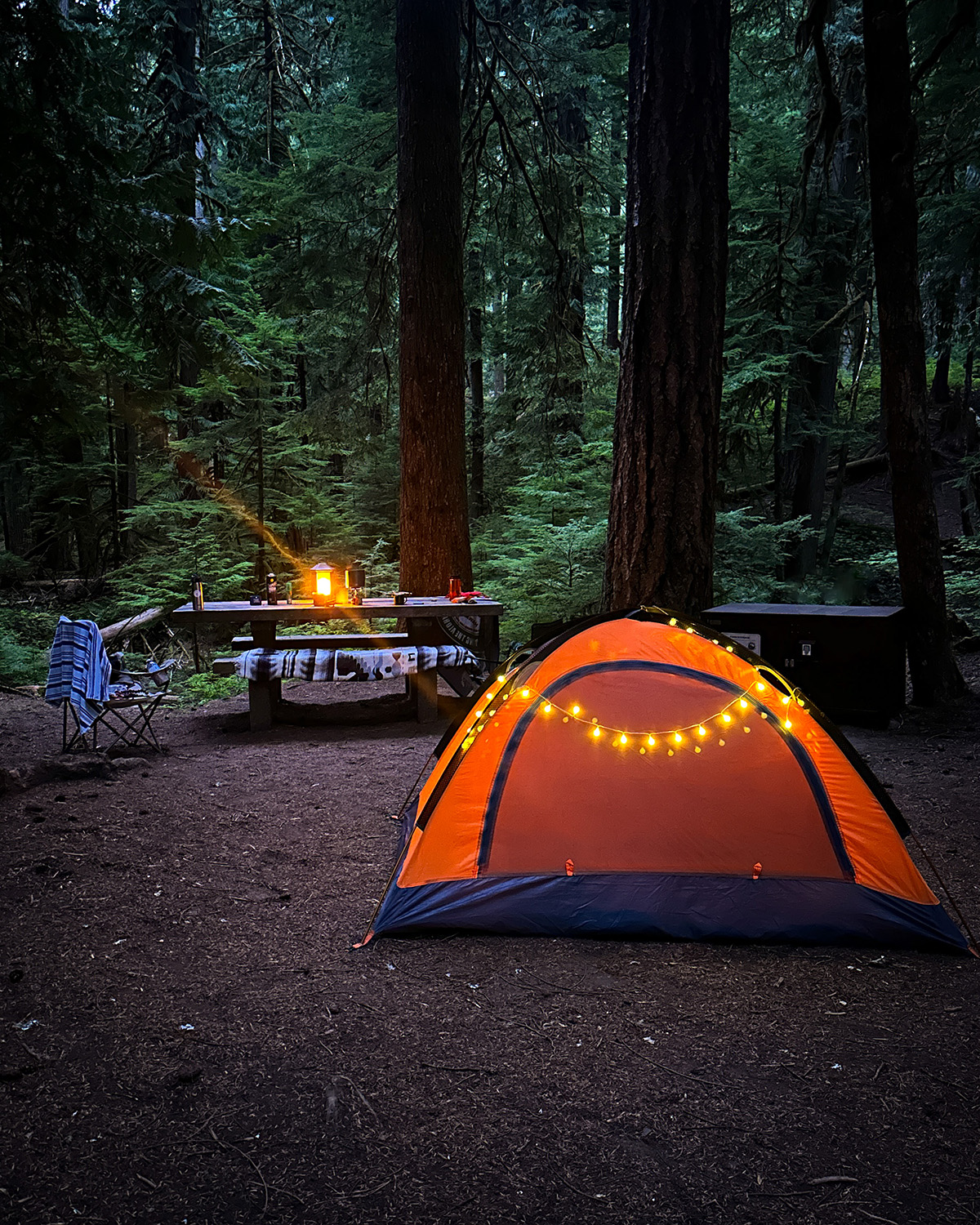
Subaru Canada thinks the Pledge is a good way to mitigate environmental impacts.
“We are excited to partner with Leave No Trace Canada and help promote their Seven Principles,” said Tomohiro Kubota, Chair, President and CEO of Subaru Canada Inc. “We look forward to challenging Canadians to take The Pledge as we believe these guidelines provide the basis of responsible exploration.”
Outdoor recreation and park use were both increasing across the country before 2020 and then shot up significantly during the COVID-19 pandemic. A Park People report found that 66 percent of Canadians increased their park visits since 2019, while a Leger Opinion study for the Trans Canada Trail found 40 percent of Canadians increased their trail use in 2021. In addition, Parks Canada experienced its busiest camping years ever with more than 500,000 camping nights in 2022.
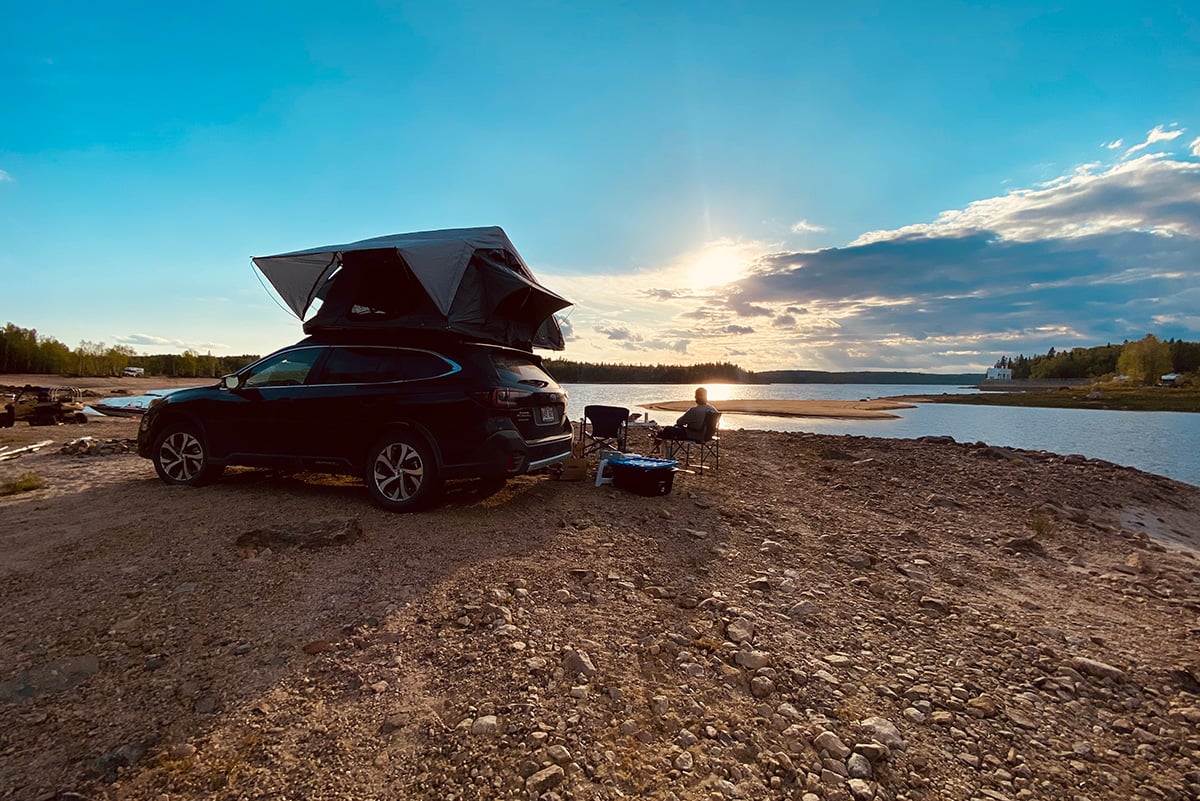
Research shows that more people using parks and natural spaces means more people caring about these important places, says Vinson. But visitors and trail managers tell Leave No Trace this increase is leading to more negative impacts: more waste left behind, more off-trail damage, more campfire scars, more wildlife disturbance and more user conflicts.
“I think most of the impacts are from people who don’t know there is a better way,” says Vinson. “This is where the Leave No Trace principles come in. They aren’t rules. They’re guidelines to help people be gentler users of our natural spaces.”
Research by Brock University’s Garett Hutson backs this up. “Leave No Trace principles and practices give people the tools to experience natural areas responsibly and sustainably,” Hutson says.
- Plan ahead and prepare
- Travel and camp on durable surfaces
- Dispose of waste properly
- Leave what you find
- Minimize campfire impacts
- Respect wildlife
- Be considerate of others.
“Practicing the Leave No Trace Seven Principles and taking the Pledge present an opportunity to make an investment in the future of our natural spaces,” says Vinson.
Learn more about the Seven Principles and take the Leave No Trace Pledge at https://takethepledge.



